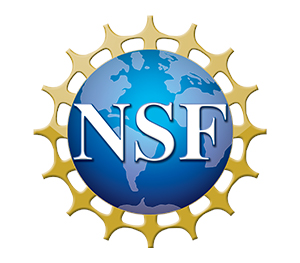

Ethics and Responsible Research: Foundations, Frameworks, and Intersections
NSF Grant Project

Faculty Receive $600,000 NSF Grant to Study Ethics in STEM Fields
NSF-supported study led by faculty members in Philosophy and Writing & Rhetoric seeks to understand relationships between values and disciplinary ethics and has the potential to improve knowledge of underrepresented students’ experiences.
Do students’ implicit values influence their decision to pursue STEM-related careers? And how do the ethical codes in science, technology, engineering and mathematics disciplines influence those who pursue careers in these fields and those who persist in their professional development?
This five-year research project is funded by the National Science Foundation. Our goal is to support the institutional transformation of UCF in terms of the explicit and sustained focus on ethical decision-making. Our research team is examining the individual, foundational values that inform ethical reasoning students at UCF in specific targeted disciplines. To date, strategies for developing cultures of ethical and responsible research among students (in particular in STEM disciplines) have largely emphasized explicit ethics frameworks that shape disciplinary enculturation. Much less attention has been given to the ways students’ individual and largely implicit values guide their professional conduct and education. By looking at the intersections of these individual foundations and disciplinary frameworks, we can help students and faculty alike better understand how ethics, as the study of values and their conflicts, shape disciplinary enculturation.
NSF Award AbstractResearch Experiences for Undergraduates (REUs)
NSF Funded Collaborations
Having ethics components to REU proposals can not only be the difference between faculty getting funded or not, but it can also be the difference students feeling meaningfully engaged in their research or not. The Center for Ethics regular conducts ethics workshops, trainings, and discussions with REU funded students.
We are currently working with the Catalysis REU awarded to Professor Talat Rahman and Professor Mihai Vaida, and the Optics REU awarded to Professor Miguel Bandres. We welcome additional collaborations with colleagues from across campus.
NSF REU Program
